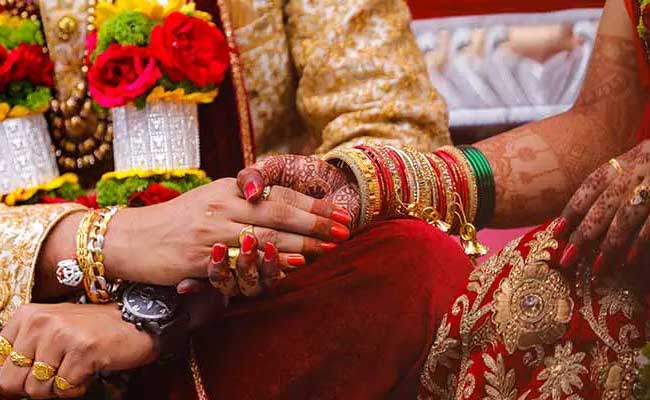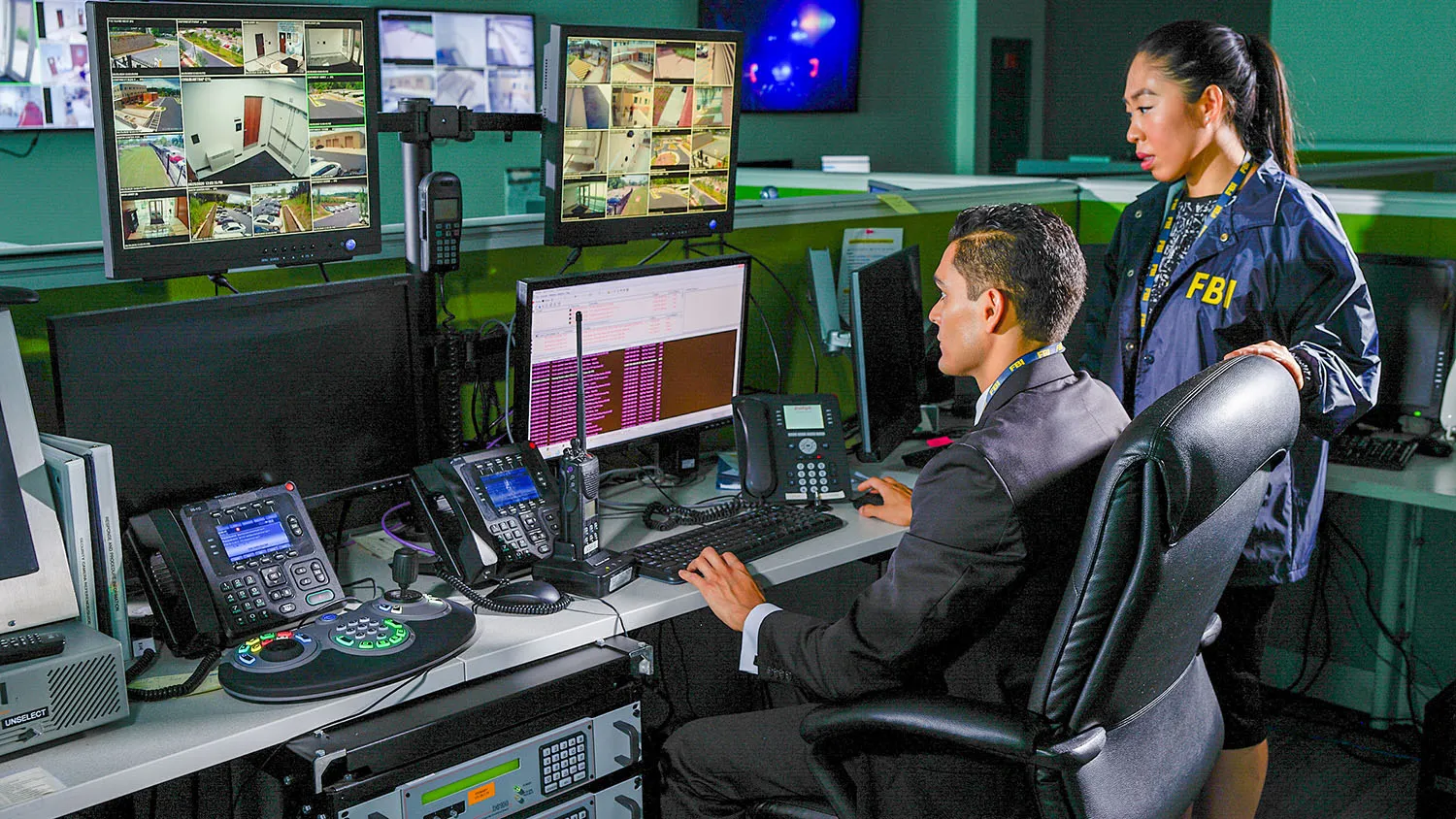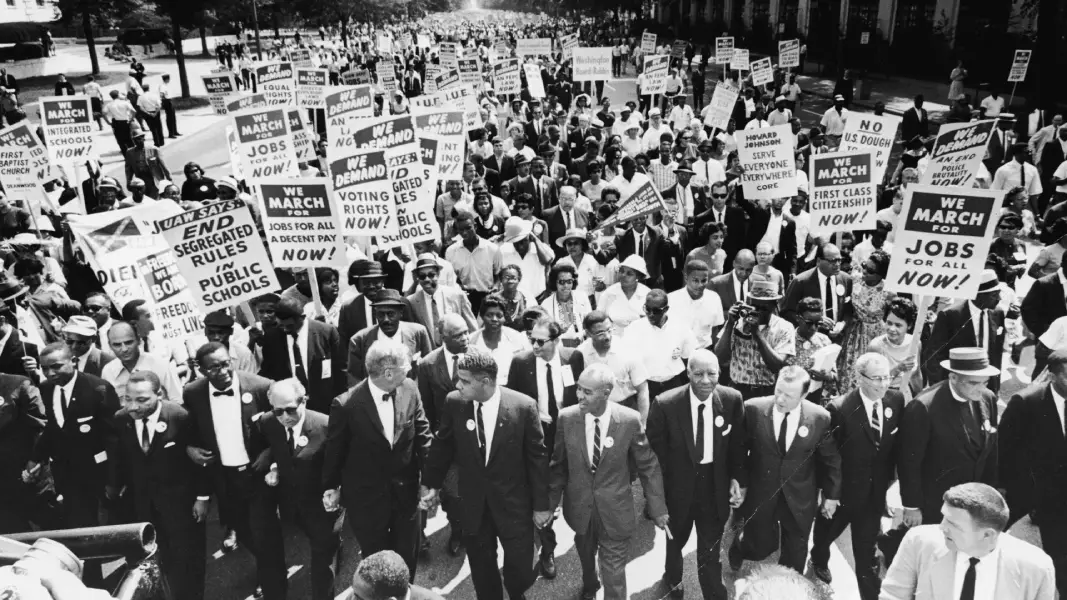Inter-caste marriages have been a topic of controversy in India for many years. Despite the modernization of Indian society, the issue of inter-caste marriages continues to divide opinions. The caste system in India is deeply entrenched, and inter-caste marriages are often met with resistance and disapproval, especially from the families of the individuals involved.
In this article, we will examine the laws related to inter-caste marriages in India, the challenges faced by couples seeking to marry outside their caste, and the steps being taken to promote greater social acceptance of inter-caste marriages.
Inter-caste Marriage Law in India: The Legal Framework
Inter-caste marriages in India are governed by a number of laws and regulations, including the Hindu Marriage Act, the Special Marriage Act, and the Protection of Women from Domestic Violence Act.
Under the Hindu Marriage Act, inter-caste marriages are legally recognized and permitted, provided both parties are Hindu, Buddhist, Sikh or Jain. However, the Act does not specifically address the issue of inter-caste marriages, and there are no provisions to protect couples from discrimination or harassment.
The Special Marriage Act, on the other hand, allows individuals to marry outside their caste and religion, without converting to their spouse’s religion. The Act applies to all citizens of India, regardless of their religion or caste. Under the Act, couples are required to give notice of their intention to marry, and the marriage can only take place after a 30-day waiting period. The Act also provides for the registration of marriages and the issuance of marriage certificates.
Despite the legal framework in place, inter-caste marriages in India continue to face significant challenges. Families often strongly disapprove of such marriages, and couples can face pressure, threats, and violence from their families and communities.
Challenges Faced by Couples Seeking Inter-caste Marriages
One of the biggest challenges faced by couples seeking inter-caste marriages is the opposition of their families. In many cases, families are deeply entrenched in the caste system and believe that marrying outside their caste will bring shame and dishonor to the family.
Couples may face threats and violence from their families, including being disowned or ostracized. In extreme cases, couples may even face physical harm or death.
The social stigma associated with inter-caste marriages can also have a significant impact on the couple’s lives. They may face discrimination and prejudice from their communities and be excluded from social events and gatherings. They may also find it difficult to find housing or employment, especially if they live in areas where the caste system is deeply entrenched.
Steps Taken to Promote Social Acceptance of Inter-caste Marriages
Despite the challenges faced by couples seeking inter-caste marriages, there are a number of steps being taken to promote greater social acceptance of such marriages.
One of the most significant steps has been the promotion of inter-caste marriages in popular media. Bollywood films and television shows have featured inter-caste marriages as a central theme, helping to break down stereotypes and promote greater acceptance of such marriages.
NGOs and community organizations are also working to promote inter-caste marriages and support couples who choose to marry outside their caste. These organizations provide counseling, legal assistance, and other support services to couples facing opposition and discrimination.
The government has also taken steps to promote inter-caste marriages. In 2013, the Ministry of Social Justice and Empowerment launched the Dr. Ambedkar Scheme for Social Integration through Inter-caste Marriages, providing financial assistance to couples from different castes who marry. The scheme provides a one-time grant of Rs. 2.5 lakh to couples where one partner is a Dalit (formerly known as “untouchables”) and the other partner is from a non-Dalit caste.
![]()





